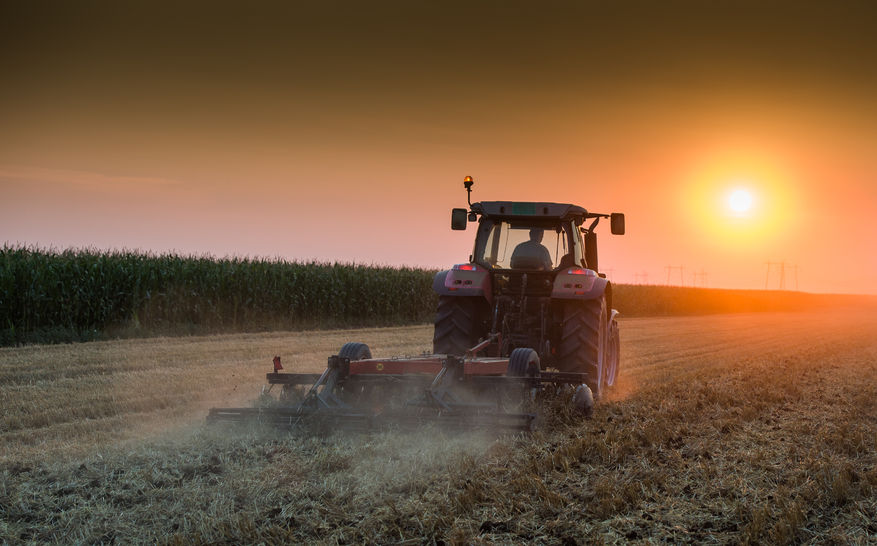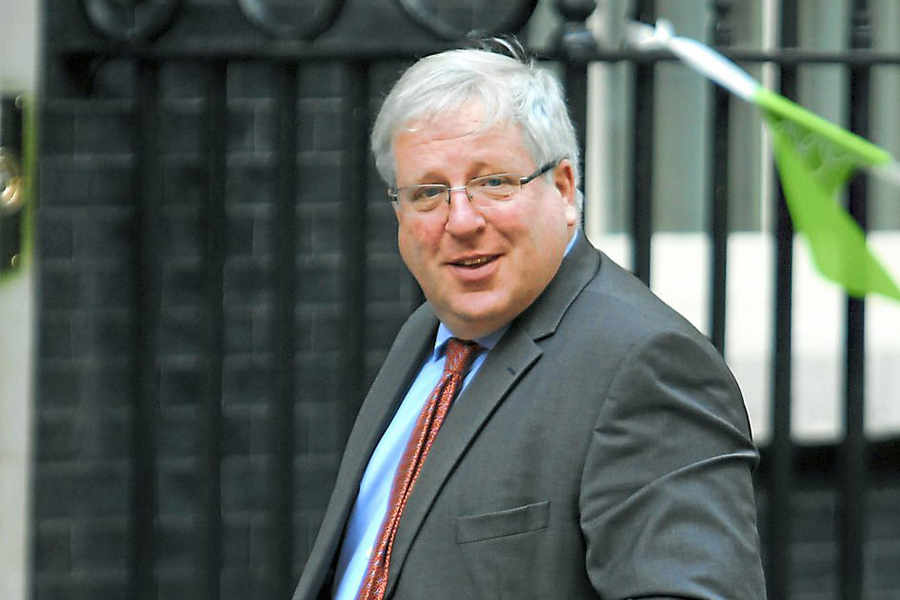
An UK exit from the European Union could cause the farming industry to disappear like coal mining did in the 1980s, according to transport secretary Patrick McLoughlin.
Speaking at the Cambridge University Conservative Association, he said: "I hear the Brexiteers make the same case about car manufacturing and farming today.
"Just as the under-educated and least well-off suffered worst from Labour’s great recession after 2008. So they would be first to feel the pain of our departure from the EU," he said.

"It’s the poorest in our society who will feel the chilling effect of uncertainty first."
Prime Minister David Cameron also made similar warnings in March when he warned Britain's farmers could lose £330m a year to export their goods abroad.
"If we left this single market and, as some suggest, relied on World Trade Organisation rules, the extra costs of exporting British beef would be £240m a year. An extra £90m would be added to the cost of British lamb exports.
"British agriculture, British farmers and British jobs could suffer enormously if we were to leave the single market."
"It gives them access to 500 million consumers, to whom they can sell their goods on an open, unrestricted basis. No tariffs, no barriers, no bogus health and safety rules designed to keep our products out."
UK will give more to farmers if Britain exited EU
However Defra minister George Eustice said the UK government would give more to farmers than they do now.
Eustice drew attention to non-EU nations like Switzerland and Norway and how their governments gave more to farmers than the UK does.
"Where power has been ceded to the EU, we see inertia, inconsistency and indecision," the Farm minister said.
"The achievements we cherish most of all are those where we have secured opt-outs from EU initiatives."
Eustice said the UK gives money to the EU, which they convert into foreign currency creating unnecessary exchange rate risks.
"The system has been through various changes over the years but remains a centralised and bureaucratic policy. In its current form, it attempts to codify and regulate almost every conceivable feature of our landscape and almost every conceivable thing a farmer might want to do with their land."
He said some 80% of legislation affecting DEFRA comes directly from the EU.
